MIKE BREARLEY, a very successful England cricket captain from 1977 to 1980, has been a practising psychoanalyst in London for the past 40 years.
Brearley very sportingly placed himself on the couch for the benefit of Eastern Eye – and answered questions on the many Indian connections that are mentioned in his new book.
He describes Turning Over the Pebbles: A Life in Cricket and in the Mind as a “‘memoir of the mind’, of my mind, and its passions and moves, not a chronological, blowby-blow autobiography”.
In 1976, for example, when he was about to go to India to play cricket, he was given an introduction to the psychoanalyst Kamalini Sarabhai. She had trained in London and returned to India to set up a mental health institute for children, families and adults.
“Through her, on that day, I met her beautiful daughter, Mana, who became my second wife,” he recalls.
Brearley’s father-in-law was Gautam Sarabhai, an industrialist from one of the leading families in Gujarat. Gautam’s younger brother, Vikram Sarabhai, was an eminent Indian physicist and astronomer who initiated space research and helped develop nuclear power in India. Vikram’s late wife, Mrinalini Sarabhai and daughter, Mallika Sarabhai, have both been famous classical dancers.
Brearley writes of an occasion when his daughter, Lara, came out of the shower “sobbing uncontrollably…just then, Gautam’s sister phoned. He had collapsed and died a few minutes before, presumably while Lara (who was very close to her grandfather) was in her shower.”
He tells Eastern Eye that Gautam had fallen over from his chair while searching for Mana’s number in London: “So what is one to say about that?”
It has been Brearley’s routine to go to India once a year for a couple of months. He remembers playing against a number of Indian cricketers, among them, the batsmen Sunil Gavaskar and Gundappa Vishwanath; and the bowlers, Bhagwat Subramanya Chandrasekhar and Erapalli Anantharao Srinivas Prasanna.
He has kept in touch with Bishen Singh Bedi, who sticks “out as the most beautiful slow bowler I think I’ve ever seen. I thought his bowling was a thing of beauty.”
Brearley was born in 1942, read classics (Latin and ancient Greek) and moral sciences (philosophy) as an undergraduate at Christ’s College, Cambridge. He captained Cambridge, Middlesex and England at cricket and was praised for bringing out the best in his players, possibly because he understood their psychology. “Cricket is a mind game,” he observes.
Which leads Eastern Eye to ask him why the Indian cricket team, which appears so strong on papers, keeps fluffing finals. In 2021, they lost to New Zealand in the inaugural ICC World Test Championship (WTC) at the Ageas Bowl in Southampton. In June this year, they went down against Australia in the WTC at the Oval.
And last Sunday (13), in the deciding fifth T20I in Florida, India were beaten by a relatively weak West Indian side to give the hosts the five-match series 3-2.
“I suppose all games are (mind games),” he responds. “But cricket has certain extra features, partly because the traditional game goes on at a high level for such a long time. There’s plenty of time to gain confidence and to lose it. And there’s also this peculiarity of the game, that it’s a set of individual battles within a team context.
“So I think there’s always a balance to be stuck between selfishness and properly looking after oneself on the one side, and looking after the team on the other.”
Brearley, who has addressed groups of people on motivation and leadership, explains: “A side may tighten up on a big occasion, if the expectation is too great. And then if one tightens up, one stops playing as well as one might.”
There has to be a balance, he says, “between relaxation and concentration” in order to achieve the best result.
He laughs as he reveals he once got into “Pseuds Corner” in the satirical magazine Private Eye for perceived pretentiousness.
Facing the West Indian Michael Holding, the fastest bowler in the world who had been nicknamed “Whispering Death” by the umpire Dickie Bird, Brearley had sought to make himself less tense by humming “the opening of Beethoven’s Razumovsky Quartet, Op 59, No 1”. It sort of worked.
At a time when cricket has been agonising over Azeem Rafiq’s treatment at Yorkshire, one issue he has analysed in some depth is the question of racism.
“My own view is that you can’t grow up in a racist culture without having a bit of it (yourself),” he has concluded. “Now, there’s a huge range between having a little bit of it and being a racist.
“I’m not saying we’re all racists. But I would say that racial thinking enters into our thoughts, even in our opposition to it.”
He goes on: “I remember a story about (the philosopher) Bertrand Russell meeting (Jawaharlal) Nehru, when Nehru was the prime minister of India. They talked and got on very well. They talked into the night and found various areas of agreement.
“At one stage they started talking about religion. And Russell said with enthusiasm, ‘Another thing we have in common is we’re both atheists.’ And Nehru said, ‘Well, no. I’m a Hindu atheist, and you’re a Christian atheist.’
“In other words, what they were arguing for was coloured by what they were arguing against. So I think one can have racialised thoughts, even in arguing against racism. What I want to say is that there are traces of it in all of us.
“There are traces of racism, of course, among Indians too, in the caste system, which is just as much of a racial thing as HinduMuslim, ethnic identity, which is very intense at the moment and dangerous. There are extremists on each side, like the RSS (Rashtriya Swayamsevak Sangh) man who murdered (Mahatma) Gandhi, for example.
“So I think it’s important we acknowledge that there are traces of it in all of us, which can come out unconsciously, like in institutional racism, and become part of a cultural set of attitudes.
“Some (attitudes) are largely and mainly friendly to people of different orientations, different backgrounds, different ethnic identities, and some are not. One thing that one has to do in thinking about racism is to think about one’s own bits of it.
“But, of course, there’s also inverted racism, in my view, so there can be racism of blacks against whites, let’s say. There can be racism of low caste against high caste.
“But one has to give acknowledgement to the suffering that’s been the other way – the suffering under colonialism, the suffering under racism, under racial superiority for several hundred years largely to the detriment of black people or people of colour.”
The title of his book – Turning Over the Pebbles – refers to “looking for the other side of something, something shiny on top and something muddy underneath, or something obscure on top and beautiful underneath.
“And that’s what psychoanalysis is like. Psychoanalysis is something that happens perhaps between the analyst and the patient. The analyst invites the patient to see a thing from a different point of view by turning it over.
“The Jungians (followers of Carl Jung) have a word for it – the shadow side, the darker side we all have. We can describe our good qualities pretty well. But what about the other side, where we’re narcissistic or easily frustrated or bad-tempered or envious or jealous? One can also discover the strength one has, that one doesn’t give oneself credit for, especially if you start to lose confidence. You have to hold on to also the good qualities you have.”
Turning Over the Pebbles: A Life in Cricket and in the Mind by Mike Brearley has been published by Constable; £22.

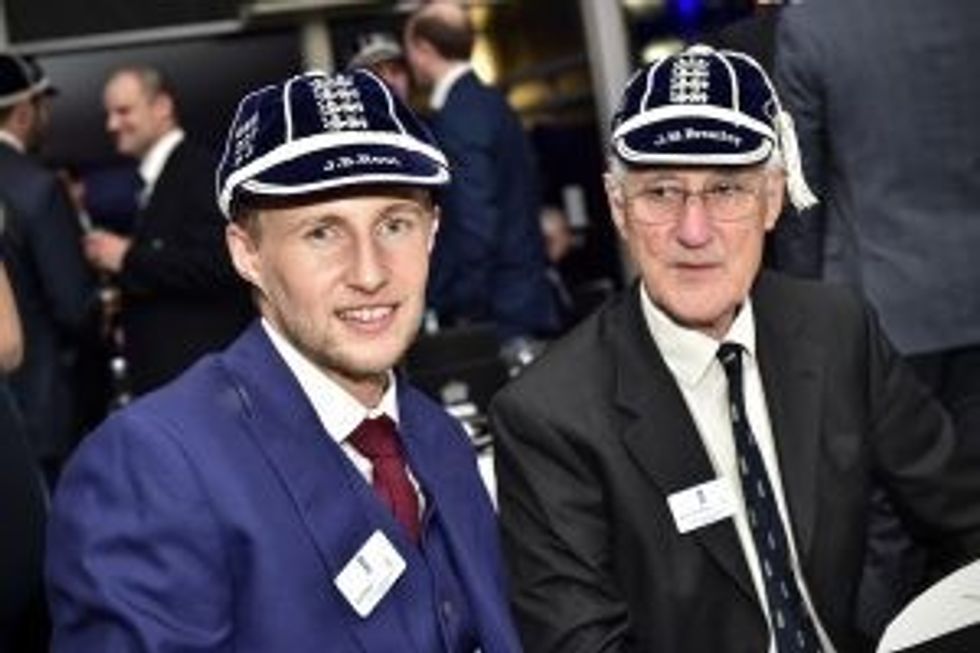

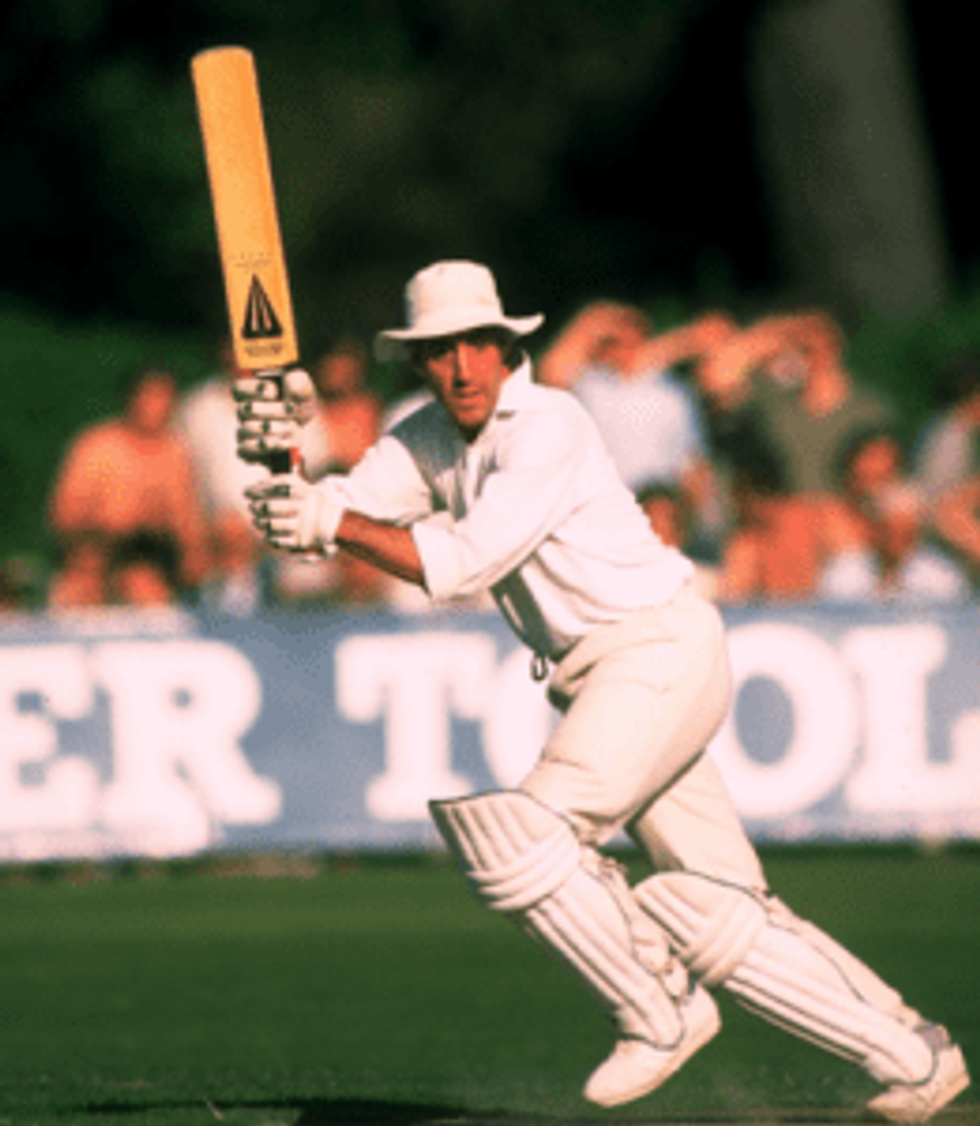















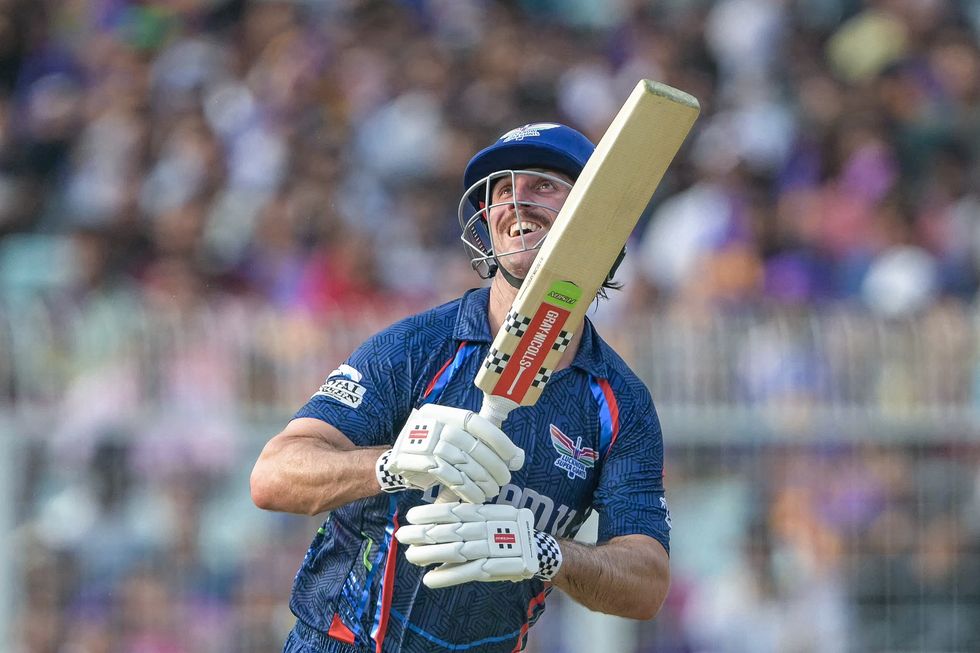 Mitchell MarshGetty
Mitchell MarshGetty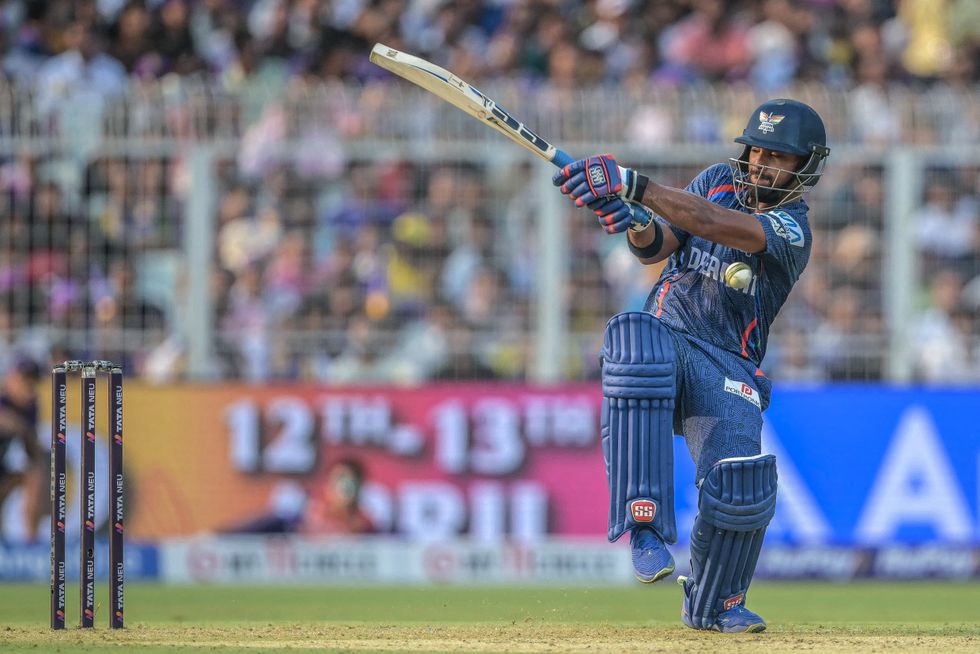 Nicholas PooranGetty
Nicholas PooranGetty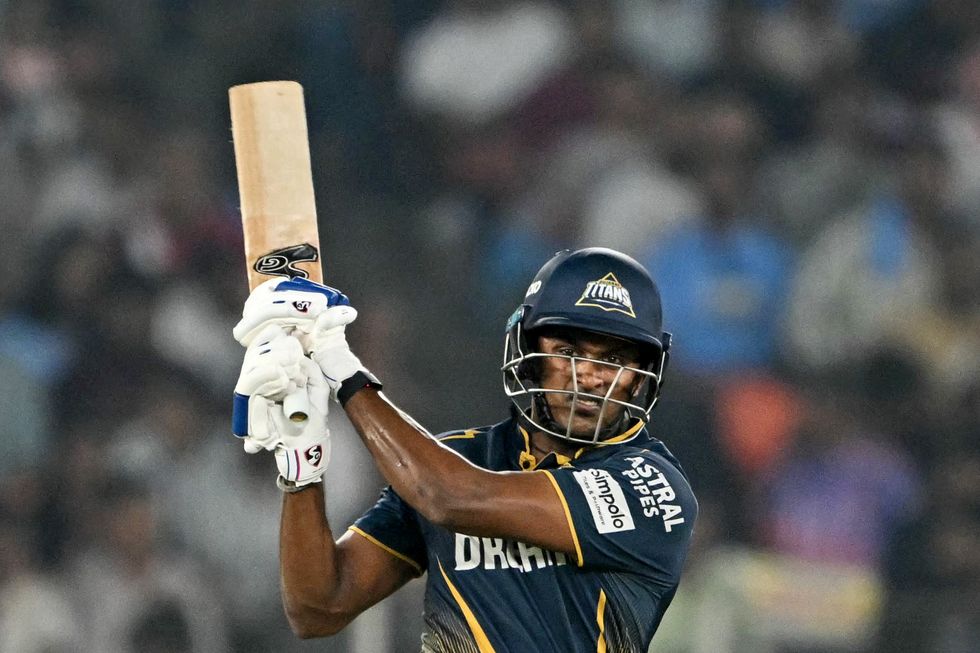 Sai SudharsanGetty
Sai SudharsanGetty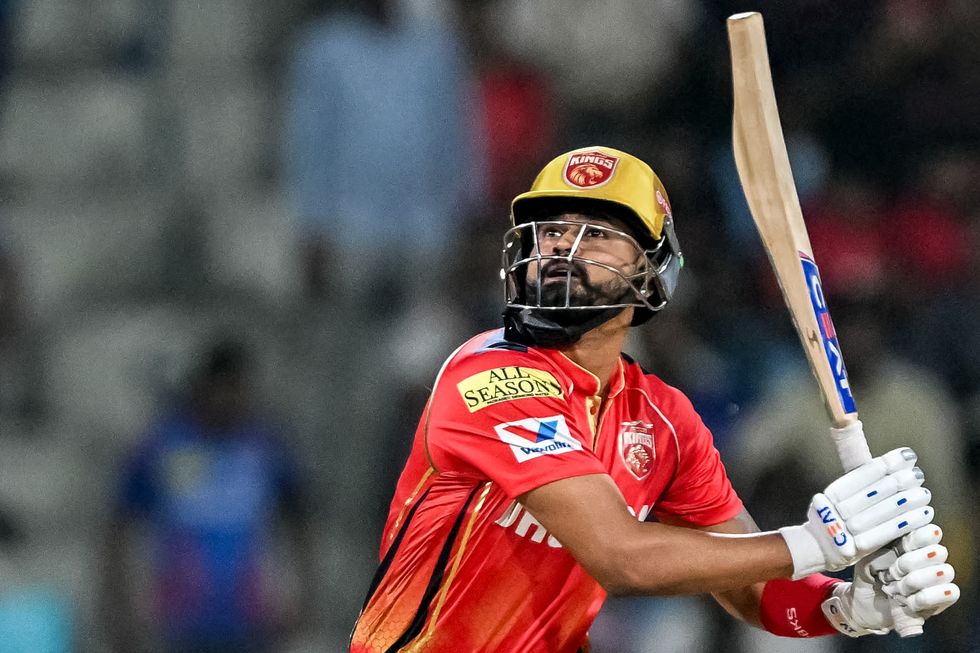 Shreyas IyerGetty
Shreyas IyerGetty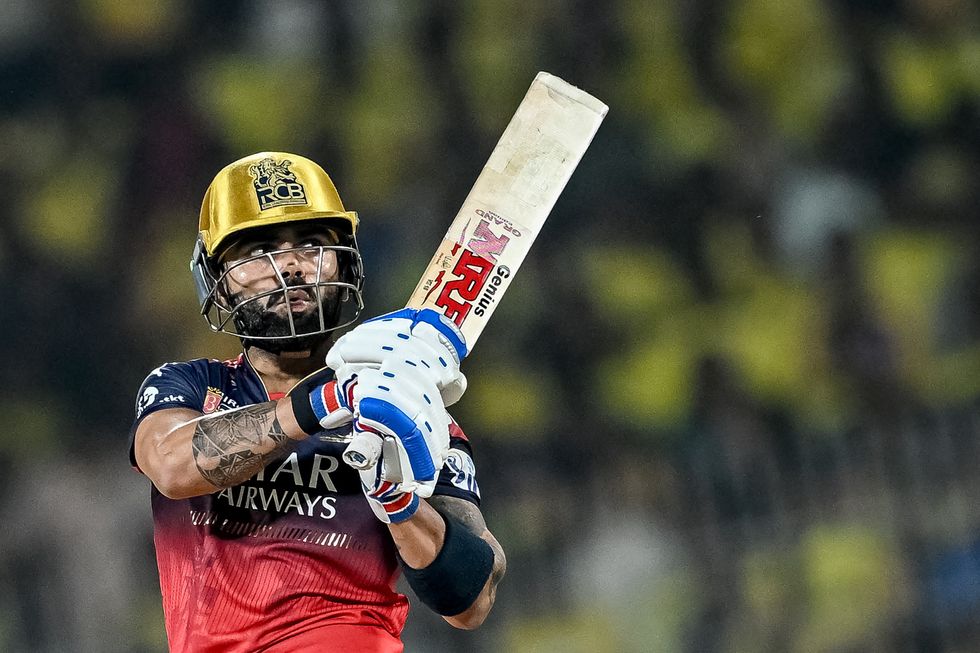 Virat KohliGetty
Virat KohliGetty

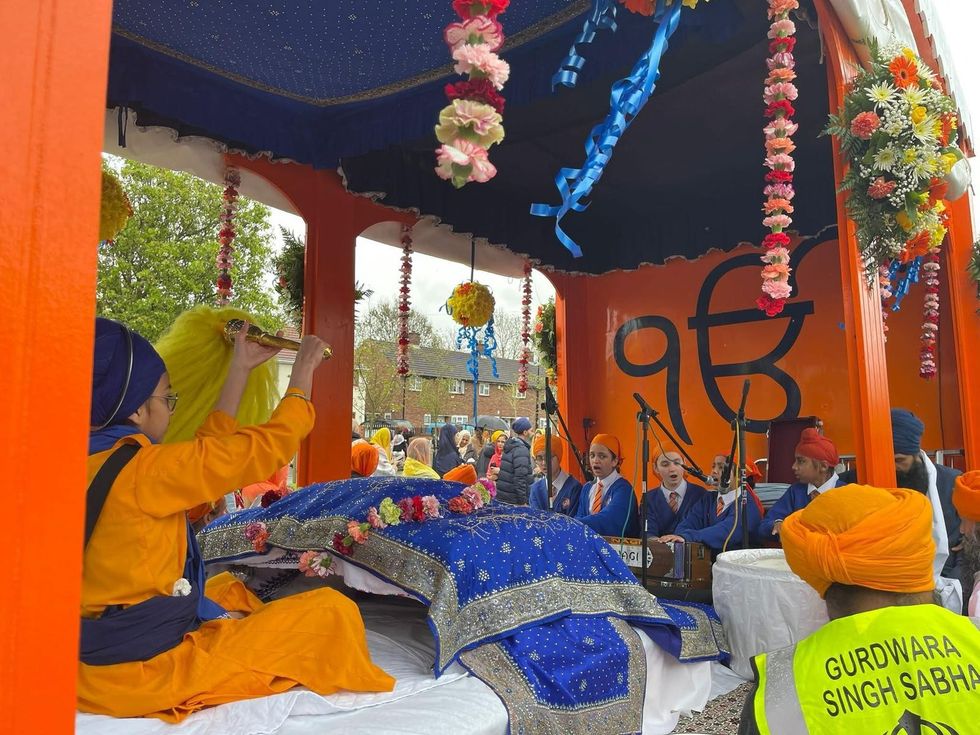
Anurag Bajpayee's Gradiant: The water company tackling a global crisis